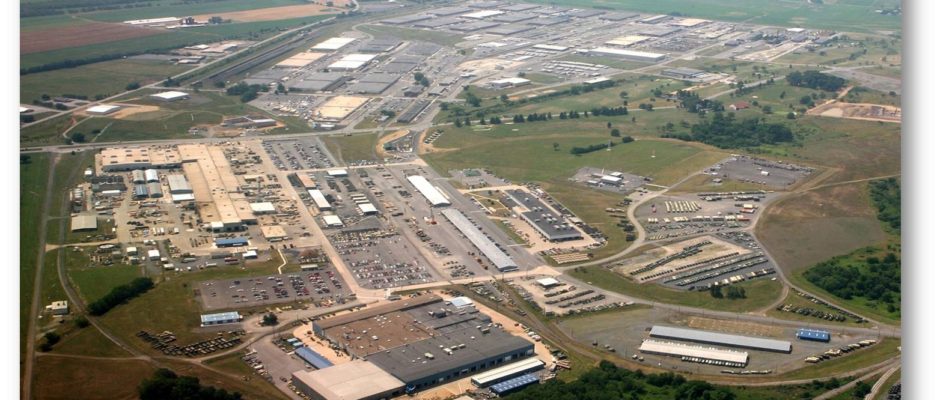In the mid-1990s, the economic picture in Franklin County looked bleak.
One of the largest employers in the region, Letterkenny Army Depot (LEAD), was on the federal government’s list of military installations to be closed or have its workforce greatly reduced as part of the Department of Defense’s Base Realignment and Closure process.
Determined not to lose a major employer without a fight, local economic development and county government officials sprang into action, making moves that are still paying dividends 20 years later.
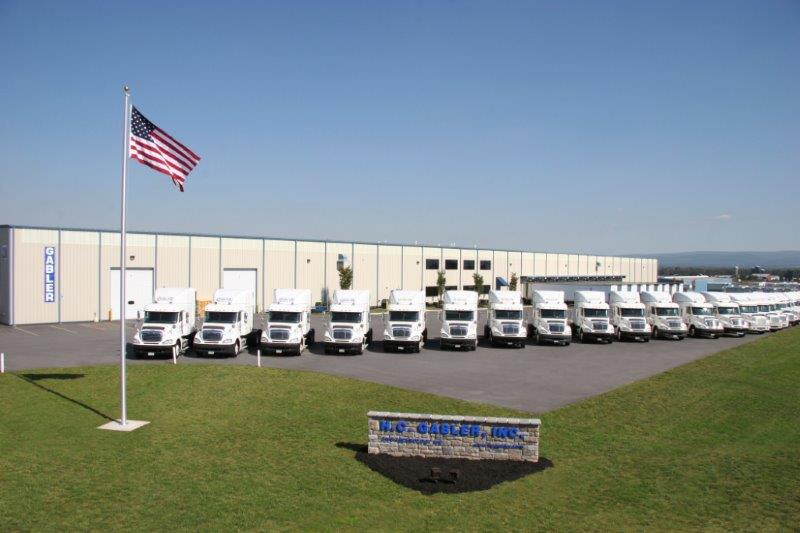
The depot, which is celebrating its 75th anniversary this year, is still the largest employer in the area, and the adjacent Cumberland Valley Business Park (CVBP) — which was carved out of the depot to fill the void in the wake of the military downsizing — is also thriving.
As part of that downsizing, the army signed a memorandum of agreement with Franklin County to transfer around 1,500 of the 20,000 acres it owned to local officials. Those officials created the Letterkenny Industrial Development Authority (LIDA) to administer real estate transactions, oversee infrastructure, and operate utilities at the park. The army also donated office furniture, vehicles and other assets to the Franklin County Area Development Corporation (FCADC). Land and other resources were sold to create a revolving loan fund and support economic development throughout Franklin County.
“We netted between $1 and $1.5 million and have been able to loan that money to businesses across the county,” says Mike Ross, executive director of FCADC. “We reinvest the repayments and that is how we capitalize our revolving loan fund, which has proven to be very, very successful for us.”
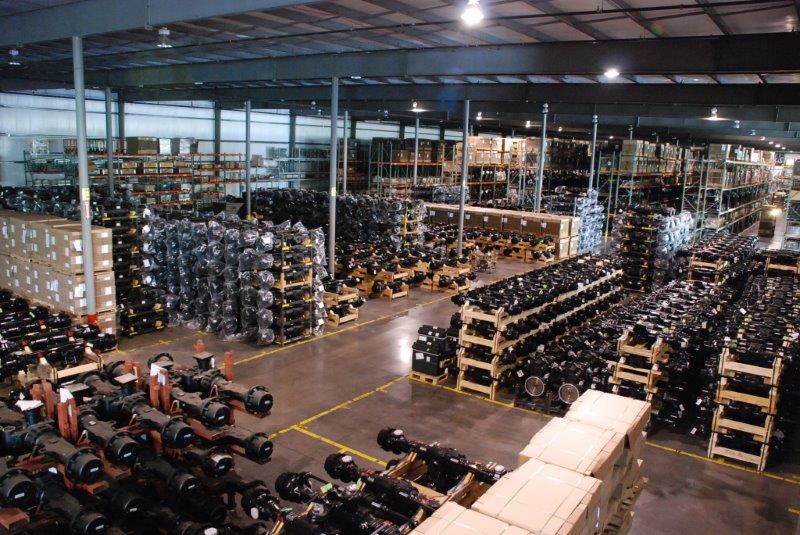
The creation of the CVBP is another success story, and has been a huge boon to companies like Gabler Inc., a fourth-generation, family-owned logistics firm that has been in operation for over 80 years. They were among the first tenants at the business park.
Gabler initially purchased Building 19 in the late 1990s, renovated it, and used it as a warehouse. In 2004, at the request of a local original equipment manufacturer, Gabler acquired another warehouse to increase its storage capacity. Gabler eventually purchased 35 acres, moved its fleet and corporate offices, and now owns over 325,000 square feet of commercial space there.
“The Cumberland Valley Business Park has been a very good fit for us,” says managing partner Chip Gabler. “We’re about eight miles from Interstate 81 — it’s very convenient to be here. We’re also fortunate that we still have space to grow in the future.”
It would have been catastrophic for us if we hadn’t come together to keep the army installation here and if we hadn’t united the private sector to work together for the betterment of the community.Mike Ross, executive director of FCADC
Since the park opened in the late-1990s, over 1,000 jobs have been created at the 45 resident businesses and organizations.
“The process [of growing the park] has been by bits and pieces,” explains LIDA Executive Director John Van Horn. “We’ve grown at the pace that the land has come to us.”
Van Horn credits the park’s success to its Keystone Opportunity Zone (KOZ) designation, a program administered by the Commonwealth’s Department of Community and Economic Development. KOZs provide local and state tax abatements for a set period of time. The current KOZ at CVBP runs through the end of 2025.
“The availability of the KOZ has helped us to invite and entice industry to come to the Cumberland Valley,” says Van Horn. “It’s one of the best tools available to us, and it has allowed us to do what we’ve been able to do.”
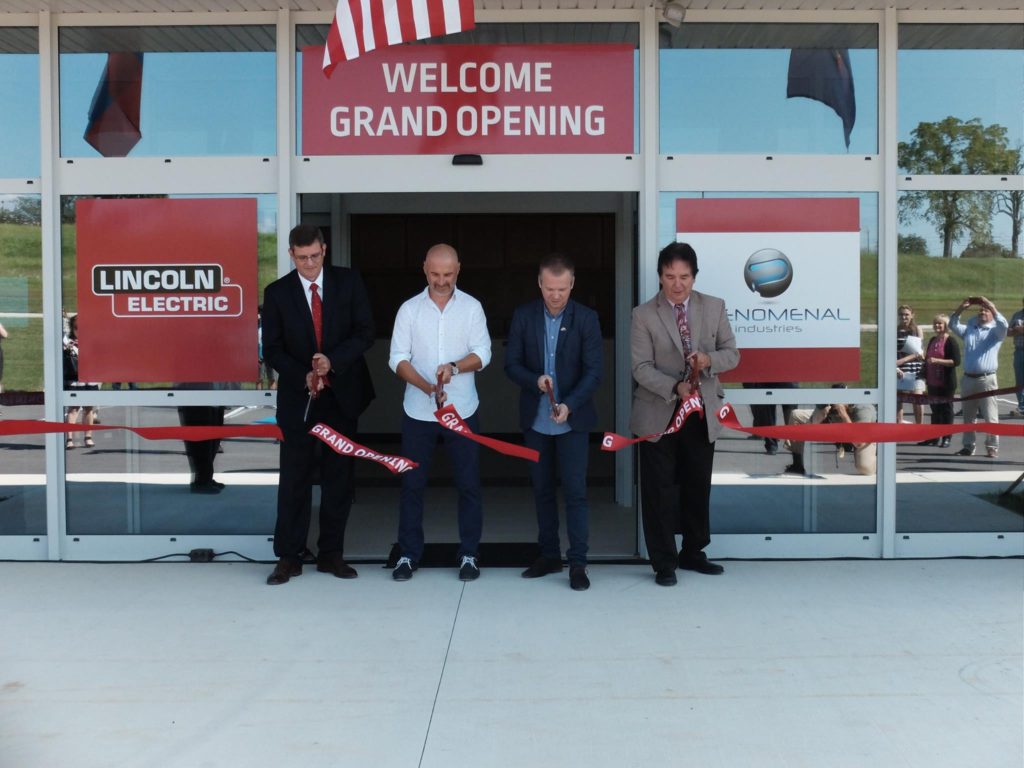
Other perks include a rail line that services both the depot and the business park, proximity to major highways including 81 and the Pennsylvania Turnpike, and existing infrastructure that was constructed when Franklin County Jail moved to the park 10 years ago.
Over the past year, business development at CVBP and LEAD has been brisk.
CVBP added Phenomenal Industries, a workforce training company, VETTER Forks, Inc., and Rausch Electronics USA, while Letterkenny has embarked on a $31 million capital investment project to expand Building 350 for a rocket motor treatment chamber facility.
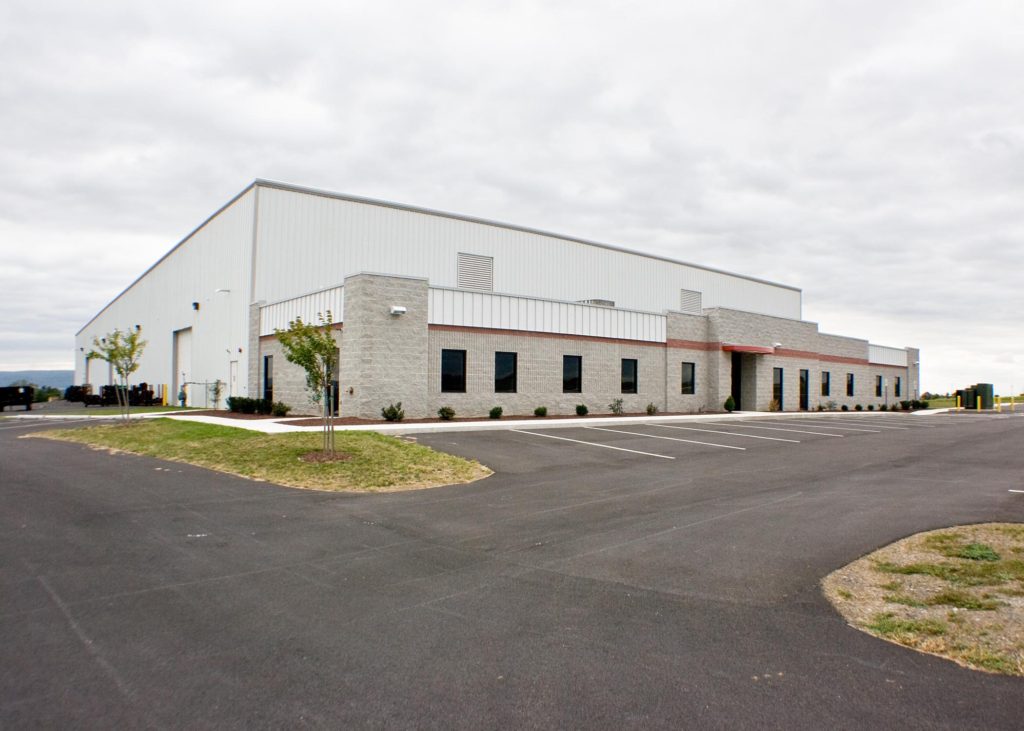
That project will help ensure that Letterkenny remains a key player in the domestic defense industry, providing economic stability for Franklin County.
A 2016 report by Shippensburg University titled “The Economic Impact of Letterkenny Army Depot in Franklin County, Pennsylvania,” demonstrates the depot’s importance as “the largest single employer in Franklin County.”
The report notes that the depot accounts for 8.1 percent of county employment; 8.5 percent of county value-added; 9 percent of county earnings; a significant portion of the labor force and population; and a potentially large percentage of residential and non-residential property values.
“It would have been catastrophic for us if we hadn’t come together to keep the army installation here and if we hadn’t united the private sector to work together for the betterment of the community,” says Ross. “We work hard every day in support of the army to help them fulfill their mission in the defense of our nation.”
JAMES MENTZER is president of Mentzer Communications and a freelance writer whose first book, Pennsylvania Manufacturing: Alive and Well, was published in February. He resides in Harrisburg.
